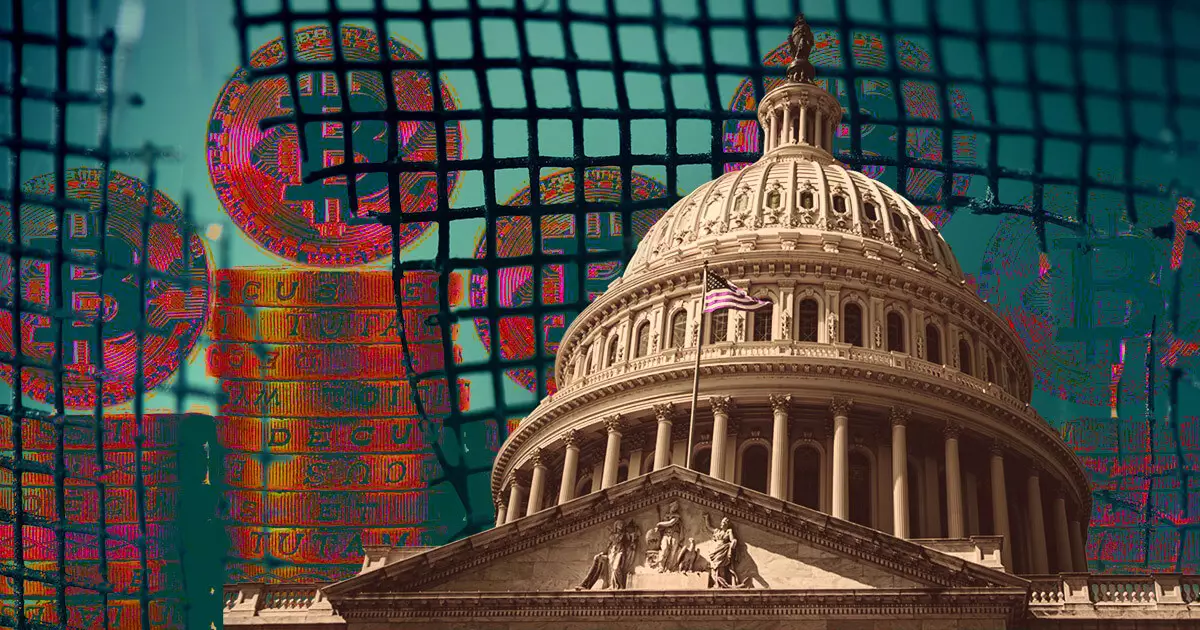Numerous cryptocurrency advocacy groups, including CoinCenter, have expressed their disapproval of a Senate bill that seeks to enforce stringent regulations on individuals involved in decentralized finance (DeFi). The proposed legislation, known as the Crypto-Asset National Security Enhancement and Enforcement Act (CANSEE), aims to hold DeFi platform operators and major stakeholders accountable for any illicit activities conducted on their platforms.
CANSEE, a bipartisan bill introduced on July 19 by Democratic senators Jack Reed and Mark Warner, as well as Republican senators Mike Rounds and Mitt Romney, has faced criticism from CoinCenter and its executive director, Jerry Brito. In a statement released on July 20, CoinCenter labeled the proposal as “messy, arbitrary, and unconstitutional.”
CoinCenter’s main concern is that the bill would extend sanctions penalties and Bank Secrecy Act (BSA) obligations to individual developers. Additionally, it argues that the Secretary of the Treasury would possess complete authority in determining who controls a given protocol. CoinCenter also raises doubts about the effectiveness of proposed exemptions in resolving this issue. It further highlights the potential for overreach, such as the enforcement of penalties against individuals publishing books containing code.
While CoinCenter acknowledges the government’s intention to prosecute individuals involved in money laundering, it deems the bill as a “blanket ban” that is unconstitutional and overly broad due to its content-based approach, which arguably restricts free speech.
The Blockchain Association, another prominent advocacy group, published its own response to the CANSEE bill on July 19. CEO Kristin Smith and the association assert that illegal transactions accounted for only 0.24% of all crypto transactions in 2022. They argue that current authorities possess sufficient power to enforce existing laws and regulations. The association characterizes the bill as “unworkable” and incompatible with digital asset technology. Instead, it emphasizes its support for other initiatives that aim to prevent illegal activities, such as proposed amendments to a national defense bill specifically targeting cryptocurrencies.
Natalie Smolenski, a senior fellow for the BTC Policy Institute, has also expressed her concerns about the bill, stating, “They’re now trying to outlaw decentralization.”
The criticism directed towards the CANSEE bill by these advocacy groups highlights the apprehension within the crypto community regarding the proposed regulations. While the government’s desire to combat money laundering is acknowledged, the groups believe that the bill’s approach is excessive and could have unintended consequences, such as stifling innovation and free speech.
As the debate over the bill continues, it remains to be seen how policymakers will address these concerns and whether any amendments or compromises will be made to the current proposal. The outcome of this legislative process will undoubtedly have significant implications for the future of decentralized finance and the broader cryptocurrency industry.

